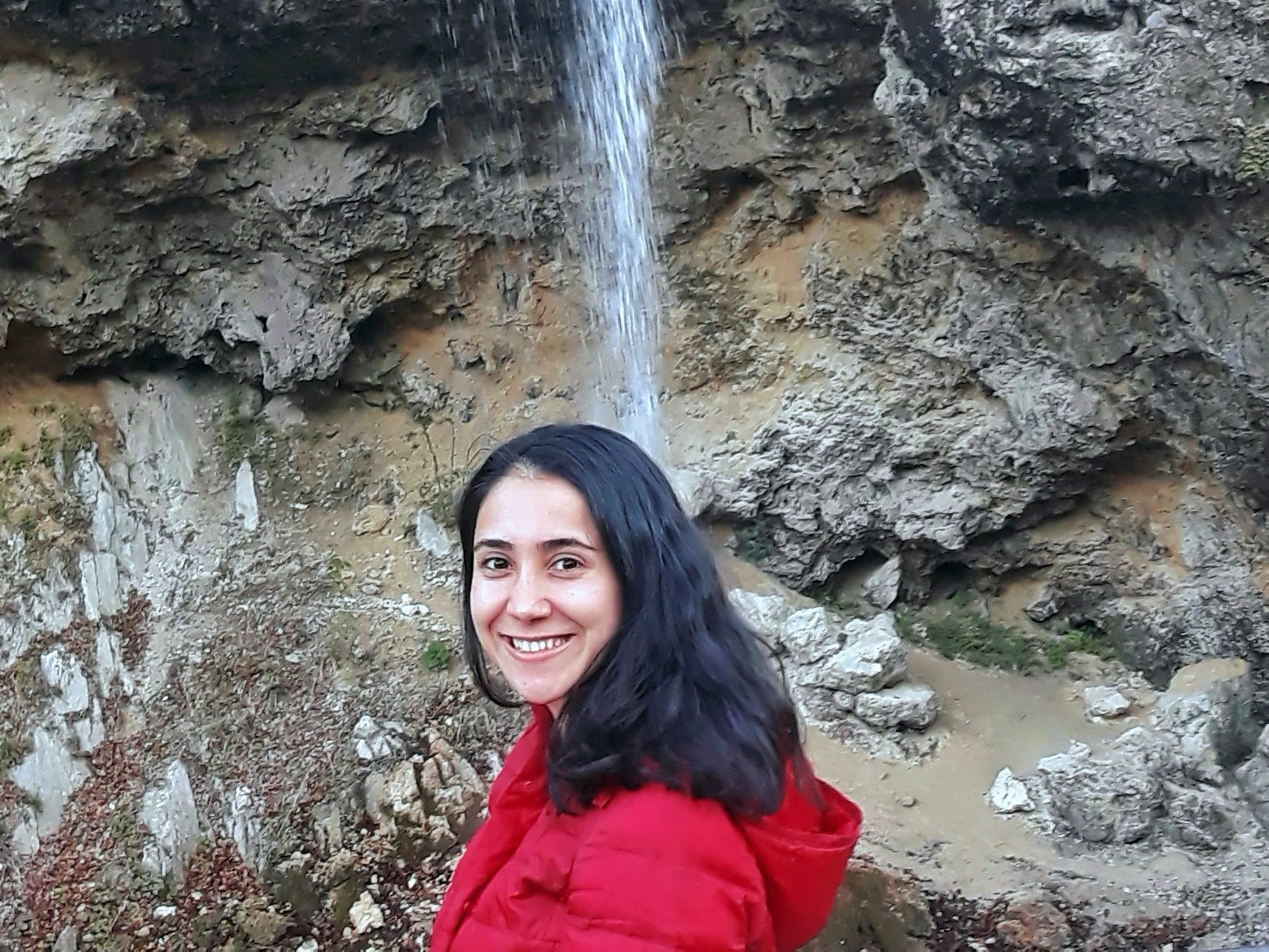ESR 11: Assessing the sustainability of water governance systems in global comparison
Early Stage Researcher: Shahana Bilalova
Host institution: Leuphana Universität Lüneburg, Germany
Principal supervisor: Prof. Jens Newig
Co-supervisor: Prof. Sergio Villamayor-Tomas
Non academic co-supervisor: Global Water Partnership
"My research in the NEWAVE project aims at contributing to the generation of both conceptual advances and robust empirical evidence on water governance which will provide a sense of direction for the improvement of existing water governance institutions through deepening understanding of complex resource governance systems as a step towards maintaining sustainability."
Topic
Numerous approaches exist to sustainably govern the world’s waters. These include participatory planning, privatization, river basin and watershed governance, or water pricing, just to name a few. It is, however, unclear, which of these governance approaches – or combinations thereof – have proven effective in maintaining or restoring environmentally sustainable water resources and ecosystems. This ESR project will contribute to generating both conceptual advances and robust empirical evidence on which approaches work in which contexts towards achieving sustainable water governance. To this end, the project will first review the literature on existing empirical studies on ‘success’ or ‘failure’ of water governance approaches (objective 1). Building on this, the project will seek to analytically dissect existing water governance institutions into ‘building blocks’ (objective 2). Ideally, all water governance institutions can be split up into a finite number of such building blocks. The further empirical analysis (objective 3) will then assess the performance of water governance institutions in selected countries by drawing on existing academic literature, document analysis, and key expert interviews. Governance institutions will be analysed according to the building blocks they consist of, allowing for Qualitative Comparative Analysis (QCA) of which combination of building blocks leads to sustainable outcomes (or not). Results will be discussed with leading experts and practitioners in the field in order to enhance usability and robustness of the research (objective 4).
This research project will:
- Identify ‘success’ and ‘failure’ (in terms of water-related sustainability) of existing water governance institutions through a systematic review of the empirical literature
- Analyse a broad range of existing concepts and approaches to water governance as to the institutional building blocks they are made of, with the aim of developing an analytical framework to empirically assess very different water governance institutions
- Empirically assess the performance of existing water governance institutions in approx. 15 countries in different continents through a comparative study, using the evaluative framework developed in (2)
- Draw conclusions for existing (combinations of) water governance institutions, in consultation with leading experts and practitioners.
Expected results:
- Identification of principal institutional building blocks of existing water governance institutions
- Evidence-informed assessment of how (combinations of) governance institutions deliver in terms of water-related sustainability
- Knowledge on the influence of context on the performance of water governance institutions.
About Shahana Bilalova
Having an interdisciplinary background, Shahana holds a BA degree in International Studies from ADA University and an MSc degree in Environmental Sciences and Policy from Central European University. Prior to joining NEWAVE, she was a research assistant in the Caspian Center for Energy and Environment at ADA University in Azerbaijan, where she was mainly responsible for the collection and analysis of data for writing monthly policy briefs related to energy and environmental issues in the wider Caspian region. Previously, Shahana has also worked in several development agencies (UNDP and GIZ) and a consulting firm (Ernst & Young) on environment-related matters. Having a chance to work in diverse settings and with various stakeholders allowed her to better comprehend mechanisms of the science-policy-society interface and effective communication, along with equipping her with critical skills of approaching an issue from both academic and practitioner prisms.
Throughout the NEWAVE journey, Shahana will explore how diverse water governance systems perform in terms of water-related sustainability. Since her primary research interest lies in the area of water resources governance, she considers this project as a starting point for her long-term research goal of enhancing water governance paradigms beyond the water-centric perspective while contributing towards filling the gaps in existing knowledge within broader water governance discourse.
LinkedIn profile: Shahana Bilalova
Contact
Shahana Bilalova
NEWAVE Early Stage Researcher, Ph.D. Candidate
Leuphana University Lüneburg, Germany
Website: www.leuphana.de
Dr. Jens Newig
Professor of Governance and Sustainability
Leuphana University Lüneburg, Germany
Website: www.leuphana.de
Dr.Sergio Villamayor-Tomas
Universitat Autònoma de Barcelona, Spain
Website: www.uab.cat
GWP co-supervision
Global Water Partnership (GWP), Sweden
Website: www.gwp.org




